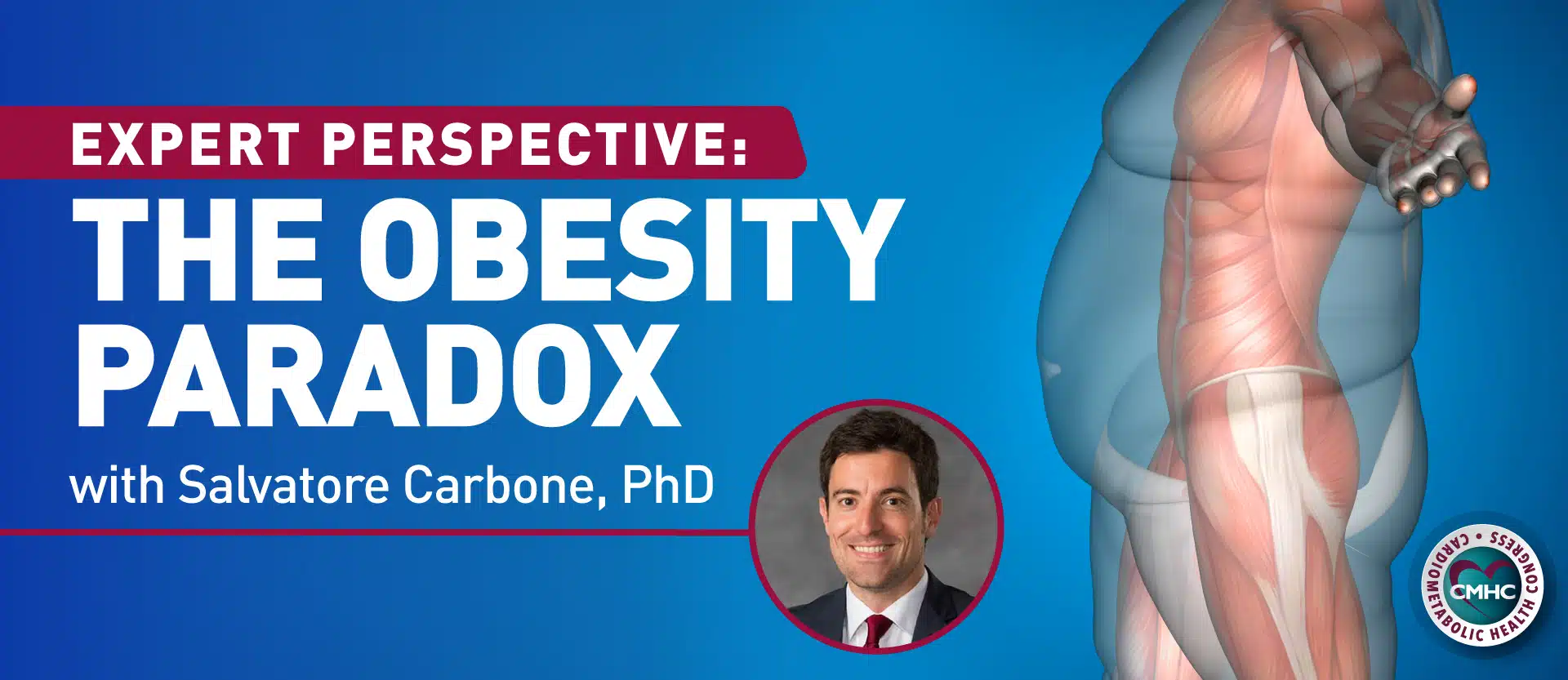
In the late 1970s, specifically, the appreciation of eggs was at an all-time high, as physicians began to realize that excess cholesterol is a strong predictor for a higher risk of cardiovascular disease. Subsequently, many doctors assumed that eating high-cholesterol foods like meat, butter, and eggs would likely have a negative impact on health, and should thus be avoided.
Yet the nutritional science behind eggs, and foods generally high in cholesterol, is more nuance and complex. While cholesterol objectively can contribute to heart disease by literally blocking the body’s blood vessels, and eating foods high in cholesterol can raise its levels in the blood, an emerging and growing body of research has shown that the consumption of sugar, transfats, and excessive saturated fat is far more harmful to cholesterol levels than actual dietary cholesterol.
Studies and scientific research have gradually come to the consensus that some degree of cholesterol consumption is harmless—if not outright healthy—and that eggs should not be feared and avoided at all costs. Conversely, experts worry that if science is ‘misinterpreted and spun by the media,’ both the egg industry and opportunistic doctors will spin through the perpetual cycle of self-help revenue that is the foundation of diet science.
Dr. Walter Willett, chair of the Harvard T.H. Chan School of Public Health’s Nutrition Department, was one of the first U.S. physicians to determine that while previous findings have demonstrated that cholesterol in the blood has a correlation with a higher risk of heart disease, no studies had indicated that cholesterol consumption actually increases blood levels. Remember: correlation does not necessarily indicate causation.
Willett and his colleagues have since studied thousands of patients for years, and have found no evidence that moderate dietary cholesterol or egg consumption increases the risk for heart disease and stroke—except in people with a particularly strong genetic risk for high cholesterol. These findings reiterate and reaffirm those from a 2013 published study, which report that eating one egg per day is not associated with impaired heart health.
Further complicating this, however, is an abundance of studies funded by the egg industry that support egg consumption, which loosely interpret scientific data in the interest of profit. While there is no strong data upon which to base a specific numerical limit to a dietary cholesterol intake, guidelines continue to recommend that cholesterol intake should be as low as possible, and part of a generally healthy diet that is primarily rooted in fruits, vegetables, nuts, and whole grains—all thought to lower blood cholesterol and the risk of cardiovascular disease.

















